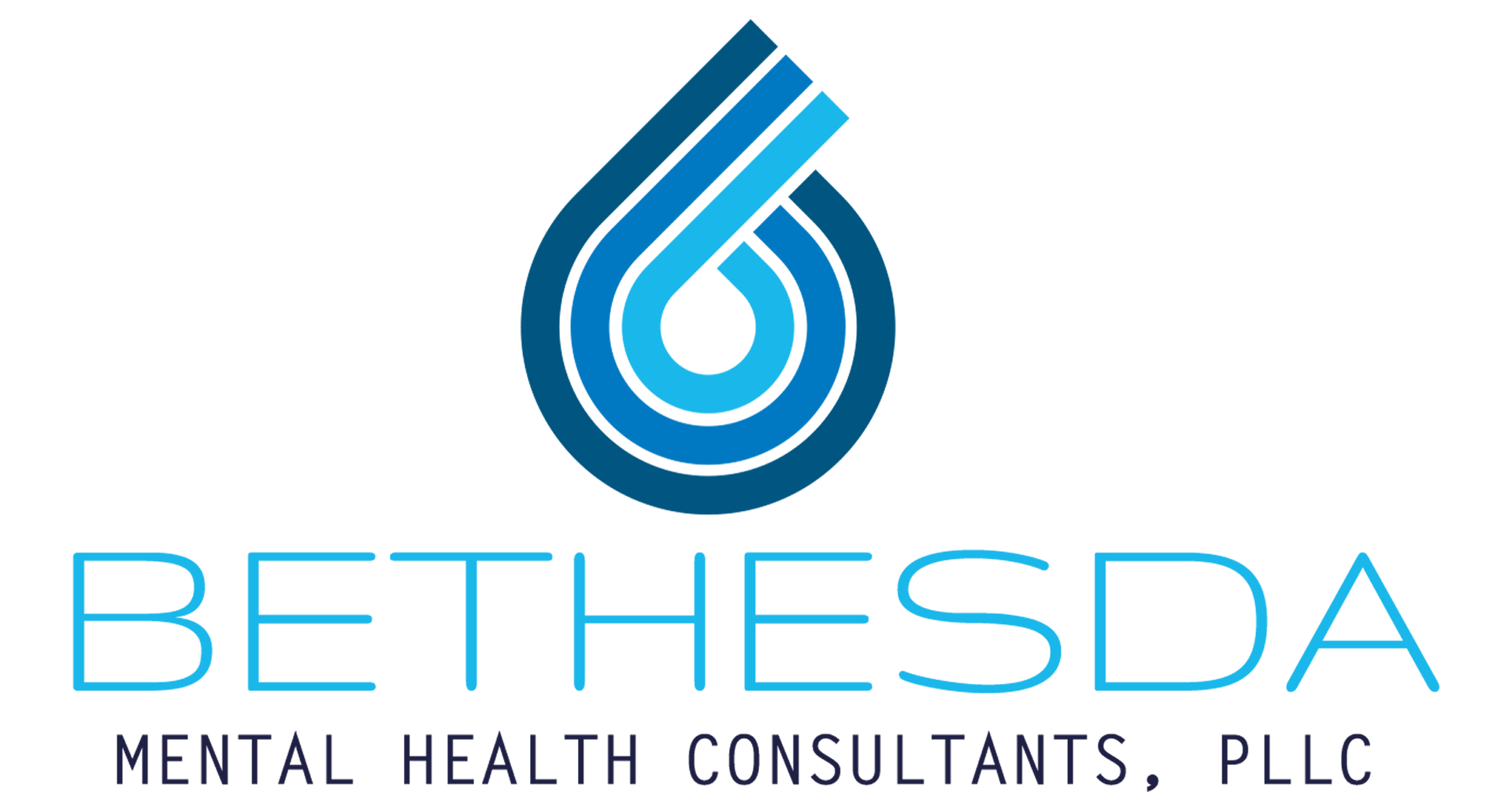Obsessive Compulsive Disorder (OCD)
Understading Obsessive Compulsive Disorder (OCD): A Guide to Clarity
What is Obsessive Compulsive Disorder?
Obsessive-Compulsive Disorder, or OCD, is like a puzzle where the mind gets caught in a loop of unwanted thoughts and repetitive behaviors. These thoughts (obsessions) can trigger anxiety, leading individuals to engage in specific actions or mental rituals (compulsions) to try and alleviate the anxiety.
Recognizing OCD
- Intrusive Thoughts: Imagine having thoughts that keep coming back, even if they don’t make sense or are distressing.
- Compulsive Behaviors: Individuals with OCD may feel compelled to perform specific actions, like washing hands repeatedly or counting, to ease their anxiety.
- Impact on Daily Life: OCD can significantly impact daily activities, making it challenging to focus on anything other than the obsessive thoughts and compulsive behaviors.
What Causes OCD?
The exact cause of OCD is not fully understood, but a combination of genetic, neurological, behavioral, cognitive, and environmental factors may contribute. Sometimes, stressful life events can trigger the onset of OCD symptoms.
Diagnosing OCD with the DSM-5
Mental health professionals use the Diagnostic and Statistical Manual of Mental Disorders, Fifth Edition (DSM-5), to diagnose OCD. Diagnosis involves:
- Assessment of Obsessions and Compulsions: Understanding the nature and frequency of obsessive thoughts and compulsive behaviors.
- Impact on Daily Life: Evaluating how OCD affects an individual’s daily activities, relationships, and overall well-being.
- Rule Out Other Conditions: Ensuring that the symptoms are not better explained by another mental health condition.
Navigating the Path to Understanding
- Cognitive-Behavioral Therapy (CBT): CBT is a therapeutic approach that helps individuals challenge and change obsessive thought patterns and behaviors.
- Medication Support: In some cases, healthcare providers may prescribe medications, such as selective serotonin reuptake inhibitors (SSRIs), to alleviate symptoms.
- Gradual Exposure: Guided exposure to feared situations helps individuals confront and overcome obsessive fears.
Taking the First Step Towards Relief
If you or someone you know is experiencing symptoms of OCD, taking the first step towards relief is crucial. Here’s how:
- Acknowledge Your Feelings: Recognize and accept the presence of obsessive thoughts and compulsive behaviors without judgment.
- Seek Professional Help: Reach out to a mental health professional. We can provide insights, support, and develop a personalized plan for your journey. Together, let’s navigate towards a future where obsessions no longer dictate daily life.

Bethesda Mental Health Consultants
